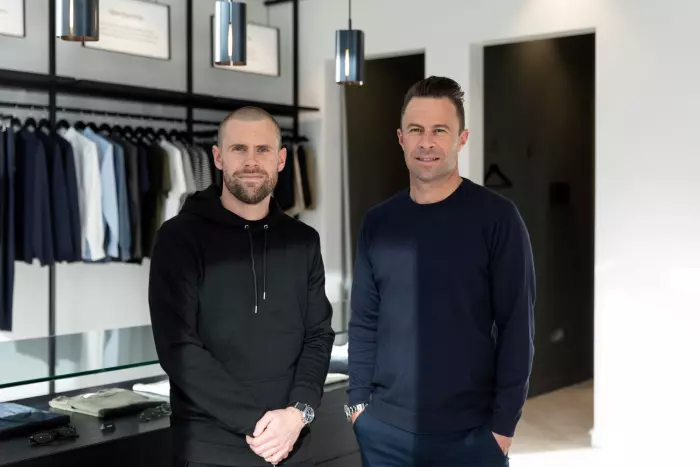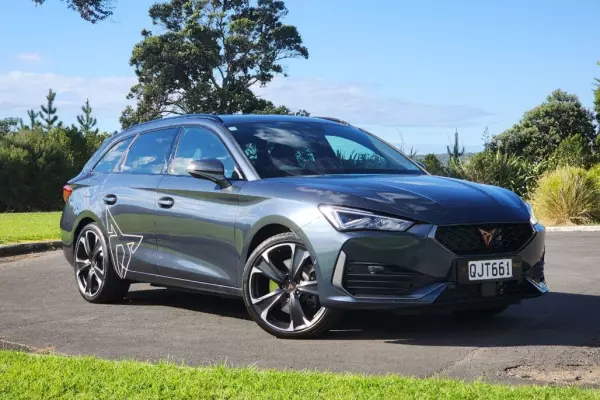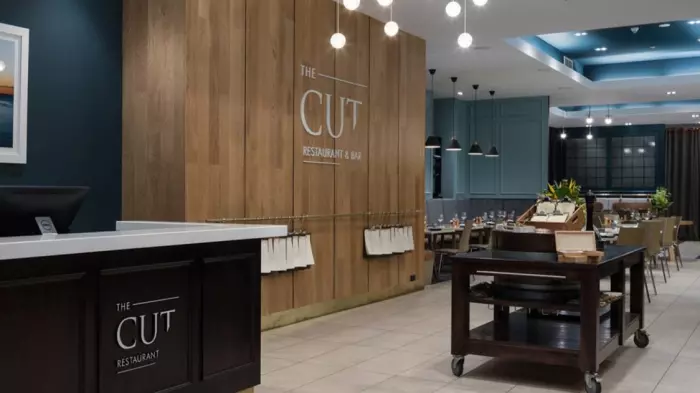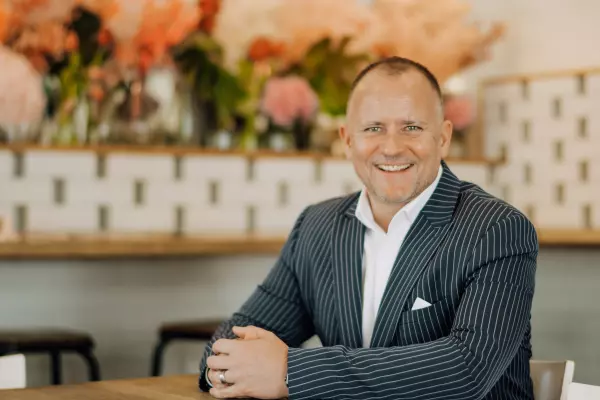In keeping up with appearances, the international fashion pack strides ahead of trends as determinedly as it holds onto its legacy and tradition. Earlier this year, when covid-19 curtailed the end of Fashion Month in Paris, industry leaders were finally afforded the one luxury that had eluded them – time.
Settling into self-quarantines and government-imposed lockdowns, designers and editors came together virtually to reflect. Most did so via personal statements and video calls, packing away any smoke-and-mirror illusions of the industry as they searched for new meaning.
Alessandro Michele, the creative director of the world's fastest-growing luxury brand in 2019, Gucci, shared his diary entries online from Rome. "These days of confinement, in a suspended time that we can hardly imagine as free, I try to ask myself what is the meaning of my actions," he wrote. "Above all, we understood we went way too far... So much outrageous greed made us lose the harmony and the care, the connection and the belonging."
In keeping up with the times, luxury brands have become trapped in a fast fashion cycle. Star designers are expected to turn out six collections a year, and counting, via live social media spectacles. Consumers can’t wait and collections land in stores earlier, as brands lose track of increasingly complicated supply chains. Wholesale systems fall out of sync, leading to heavily discounted clothing and accessories before the end of a season. The goods, and the work of the people who made them, lose their value in a throwaway culture. A rubbish truck of clothes is tipped into landfill every second, according to the British-based Ellen MacArthur Foundation, which promotes a circular economy.
"Until we create a new way to work, or a new end goal to work towards, we really have nothing to do," said renowned New York designer Marc Jacobs during a live-streamed Vogue event. "To carry around the past probably isn't the best way forward."
For many established brands, becoming a sustainable business – environmentally, socially and culturally – requires a fresh perspective. They would do well to look to the New Zealand fashion industry.
"We purposely set out to do something that would actually make people think about what they were doing," says Peri Drysdale, who paved the way for sustainable clothing over 30 years ago. Her Untouched World is the first lifestyle fashion company to be recognised for sustainability by the United Nations, and it continues to lead the next generation with the Untouched World Foundation. "If you've got a bigger goal and you feel like you're making a bigger difference, you're actually much more resilient and much more motivated to make that change through the organisation."
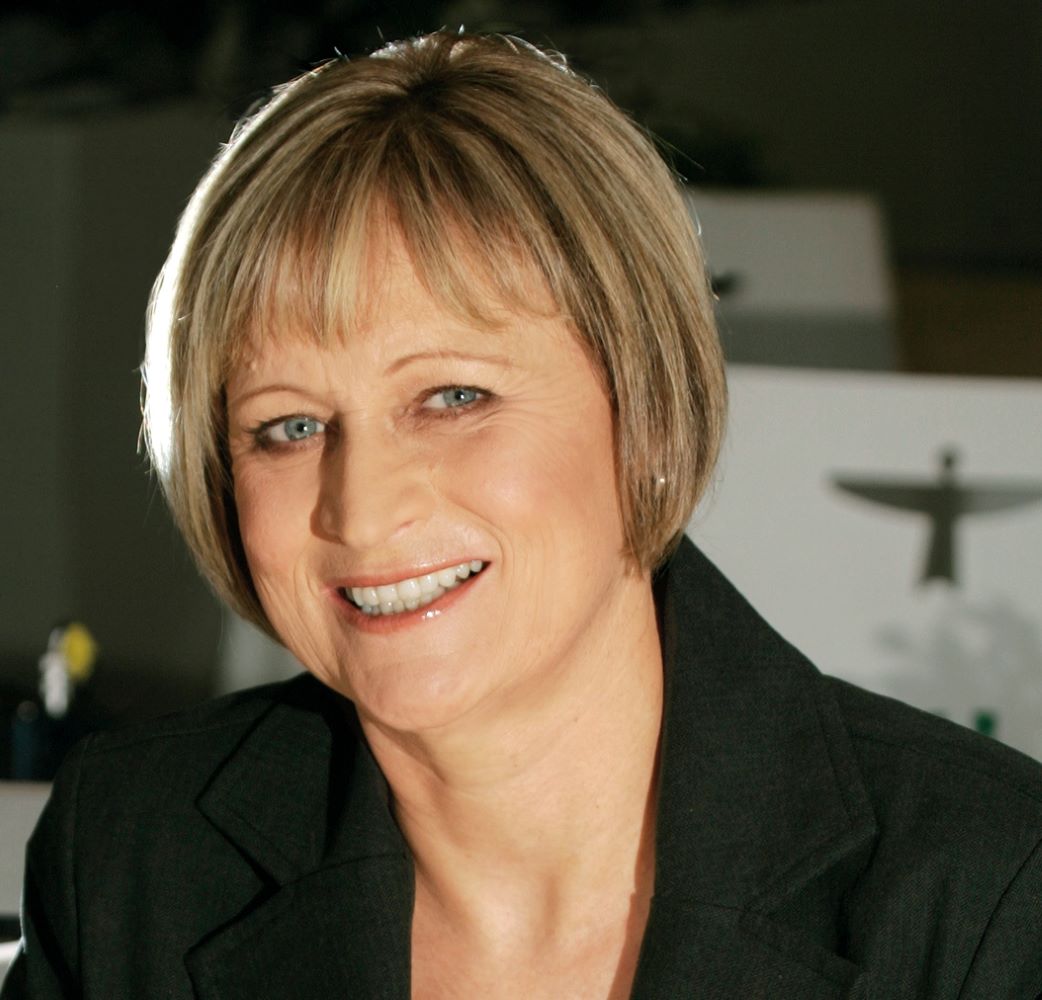 Untouched World's Peri Drysdale
Untouched World's Peri Drysdale
A pioneer in the field, Untouched World supports extensive research and development projects and traces every stage of a garment’s life-cycle, while factoring in a timeless design. Loyal customers learn with them, and ask the hard questions. "Everything is under scrutiny," says Drysdale. "Everything."
A desire to shop smart and shop local in our strange new world has resulted in strong sales for Untouched World. "The whole mood towards fashion has changed; people are looking for comfort, enduring style, easy-care, and the inner smile that comes from the feel-good that your choice of purchase has been able to do all the way up the supply chain," says Drysdale. "People are prepared to pay a margin for 'good'."
For Maggie Hewitt of Maggie Marilyn, lockdown was a reminder to focus on the kind of industry she wants to see in both New Zealand and overseas. Since her first collection launched with global luxury retailer Net-a-Porter four years ago, Hewitt has been seeking to inspire both consumers and the industry to value their clothing more. "I believe that environmental best practice should be a non-negotiable for every business. And from the social side of sustainability, we cannot continue to exploit people in the name of profit," she says. "Setting goals and business aspirations is important, but if there is no accountability, then we cannot expect to see real, measurable, meaningful change.”
Maggie Marilyn is transitioning to regenerative farming practices for all raw fibre, which improves soil health, carbon sequestration and biodiversity, while encouraging a closed-loop economy, where clothes can be repaired, reused and recycled to eliminate waste. A line of seasonless staples, called Somewhere, is the brand's first fully traceable and circular offering. During March and April, when most of the world was in lockdown, Somewhere recorded a 60 percent rise in sales and a 166 percent increase in new customers.
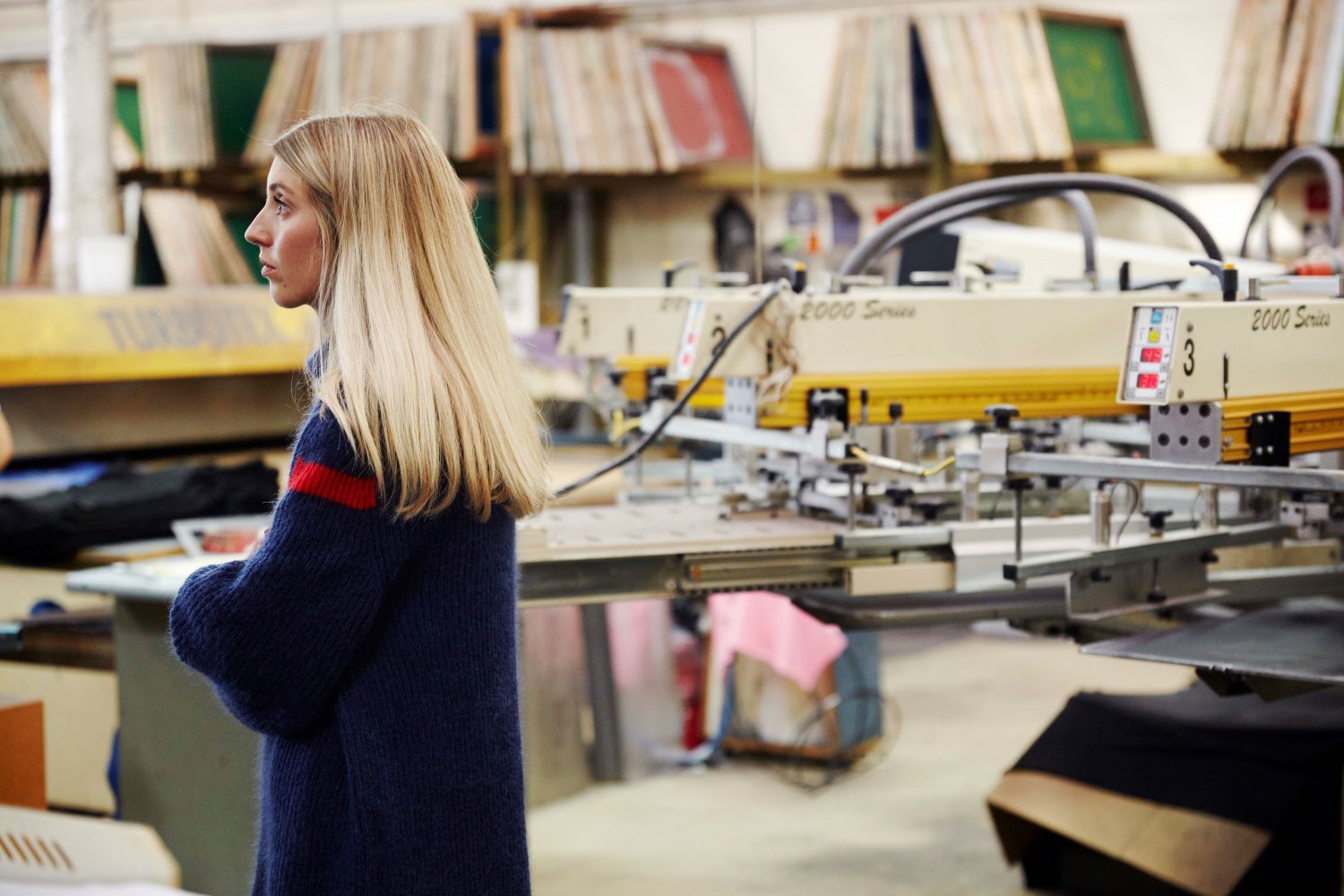 Maggie Hewitt in the Maggie Marilyn workroom
Maggie Hewitt in the Maggie Marilyn workroom
Another local brand with an international following, Paris Georgia, found a way to create on its own terms over lockdown. Elemental, the new capsule format of co-founders Paris Mitchell Temple and Georgia Cherrie, offers sophisticated seasonless basics via pre-sale orders, which reduce overheads. "What's most important to us as a brand is being as responsible as possible," says Cherrie, “connecting with our woman and making sure that she feels connected to us."
Refining both their designs and processes, they plan to release three to four smaller collections per year, and will partner with exclusive stockists for a special experience. The next range will hang on the racks of the sought-after Browns boutique in London.
Problem-solving was the starting point for menswear brand Asuwere, which offers a monthly subscription-based service of quality staples. Co-founders and brothers Sam and Noah Hickey (pictured top) noticed an increase in demand for smart casual clothes as workplaces adapted to remote working and 'dress for your day' policies. "Covid-19 kind of just fast-tracked that," says Sam Hickey. Since New Zealand’s first lockdown, Asuwere’s business has grown nearly 50 percent.
In showing members the styles and colourways available at the start of a year, the Asuwere business model is similar to (but much timelier than) wholesaling, and it helps to avoid excess inventory. A recently opened store in Commercial Bay helps shoppers to get a feel for the brand, while helping the team to learn precisely what their customers want. "We want to get this right, and we want to do right," says Noah Hickey.
Designer Kiri Nathan, whose eponymous label has been offering bespoke, limited-edition collections of heirloom and whakapapa pieces for more than 10 years, says everyone in the fashion industry is trying to work towards a better outcome and a better space, “and anyone that’s not is seriously not going to survive".
Nathan says cultural integrity is at the core of her work. “We’ve always tried to be responsible stewards of our culture and we role-model what inclusion looks like. Those people that follow the label are very, very loyal, sustainable relationships. And during lockdown, they heavily supported us."
Nathan is a mentor to many emerging Maori designers. She shares unconditionally with the Kāhui Collective, which she founded four years ago. The work includes creating a year-long mentorship programme with indigenous specialists in sustainable and ethical practices, taking a collective business trip to China to broaden market horizons, and creating an online indigenous department store, for which she is currently seeking funding and support.
The Kāhui Collective is part of Nathan's plan to create a successful and sustainable fashion ecosystem, which the entire New Zealand industry could replicate. "The New Zealand fashion industry will only reset for good if every designer is in genuine support of each other," she says.
As social awareness becomes a pressure point for many businesses, furthered by the groundswell of support for the Black Lives Matter movement, Nathan says now is the time for courageous conversations. "The way forward for our country is to genuinely acknowledge the mamae, that is the pain or hurt of the past, to make amends for that and to work together, moving forward," she says. "If there are fair reciprocation and communication in all things, good things will happen."
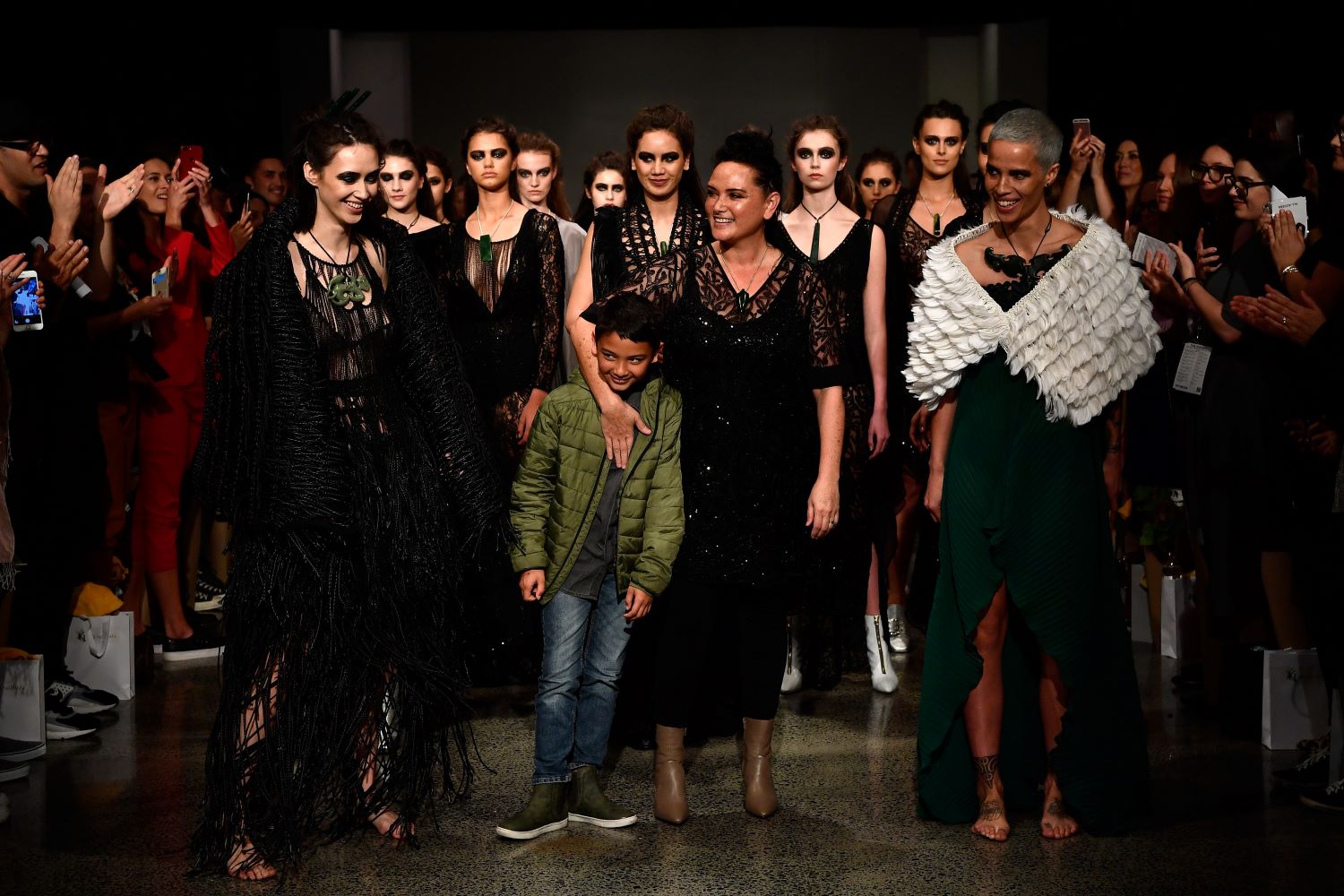 Designer and Kahui Collective founder, Kiri Nathan (centre)
Designer and Kahui Collective founder, Kiri Nathan (centre)
The issue has been on the minds of the designers I interviewed for this story. Says Hewitt, who is building an inclusion policy for Maggie Marilyn: "We've built a platform and are privileged enough to have it, so what is the point of that if we do not use it to stand up for voices more quiet than our own? Staying silent is not good enough.”
The New Zealand fashion industry is traditionally fractured – but that is set to change with Mindful Fashion New Zealand. Designer Kate Sylvester co-founded the collective in 2018, to build an innovative, full-circle and thriving clothing and textile industry. "Ideally, we want to get fabric being made here in New Zealand again, so that we aren't reliant on overseas markets," she says. "Consumers want to buy local product, and so I think there's a real will from all sides to grow our local industry again."
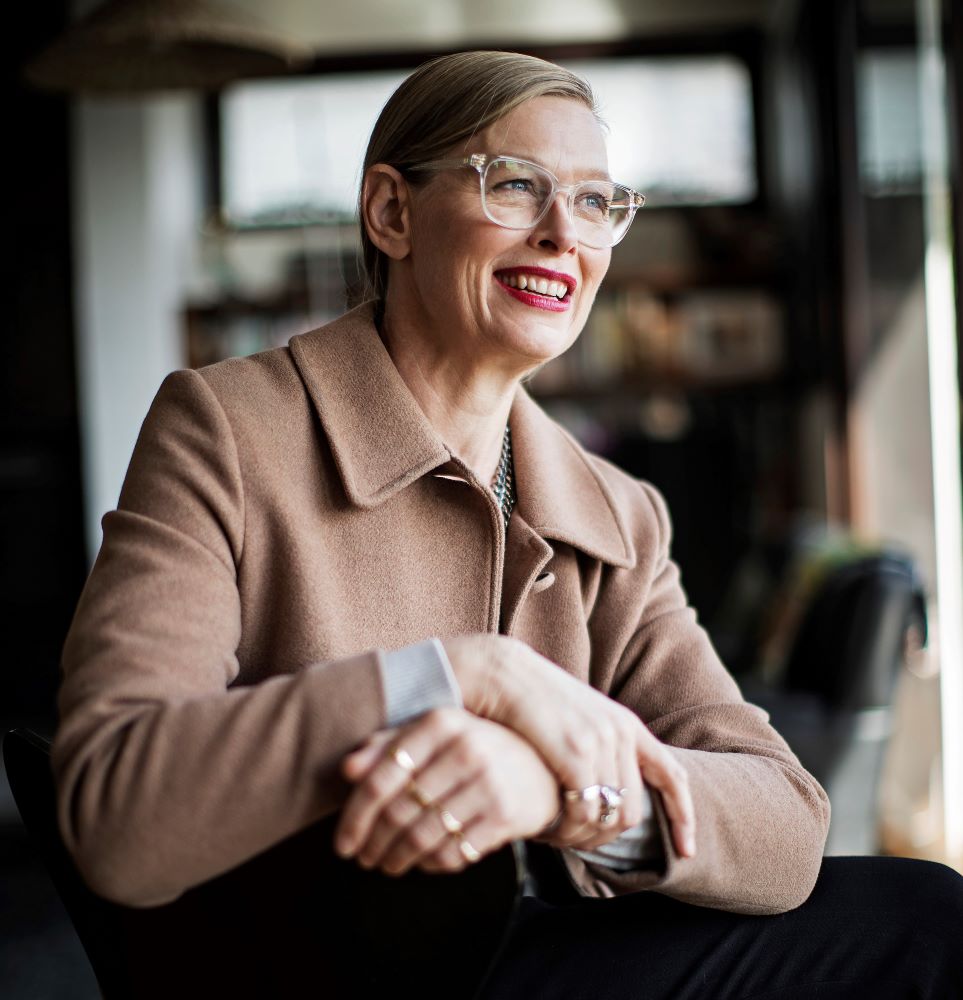 Kate Sylvester
Kate Sylvester
Recently, the collective succeeded in raising $30,000 for its Love Local fundraising campaign, supporting specific projects, including apprenticeship and education programmes. "I really love the idea of working together – competitors working together," says Drysdale, who has just signed up.
Kate Sylvester the brand likes to have fun with its event outfits, and is now looking at versatile styles that can be enjoyed no matter what our covid-19 alert level is. The team had to cancel a launch event for the new collection when Auckland went into Alert Level 3 lockdown recently, but the response from customers has still been strong.
Open for business again, in some shape or form, the New Zealand fashion industry has a chance to lead positive change through collective action. “The support for local brands and the Love Local movement still feels strong and growing,” Sylvester says. “We’re incredibly optimistic thanks to our team of five million.”


